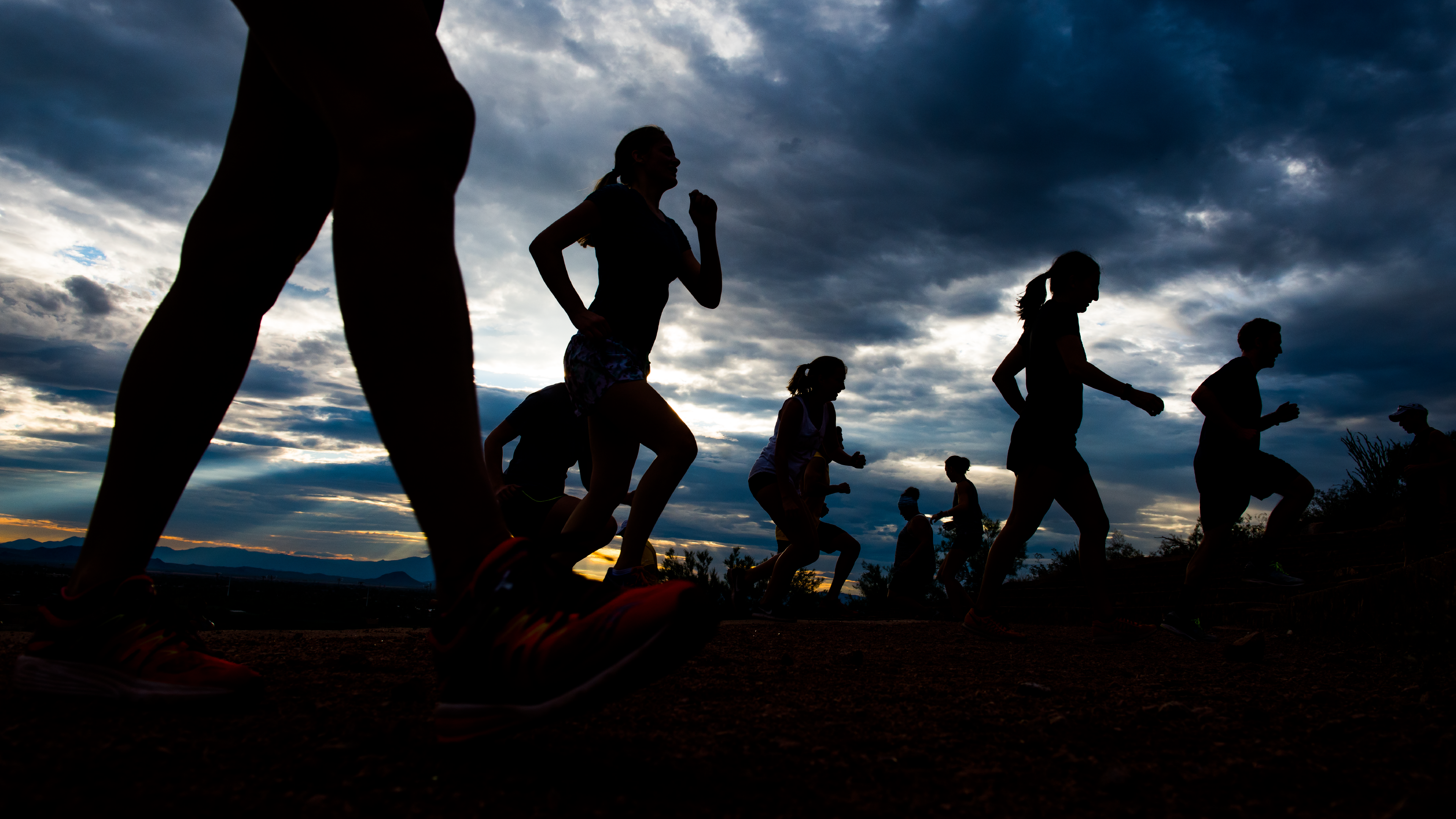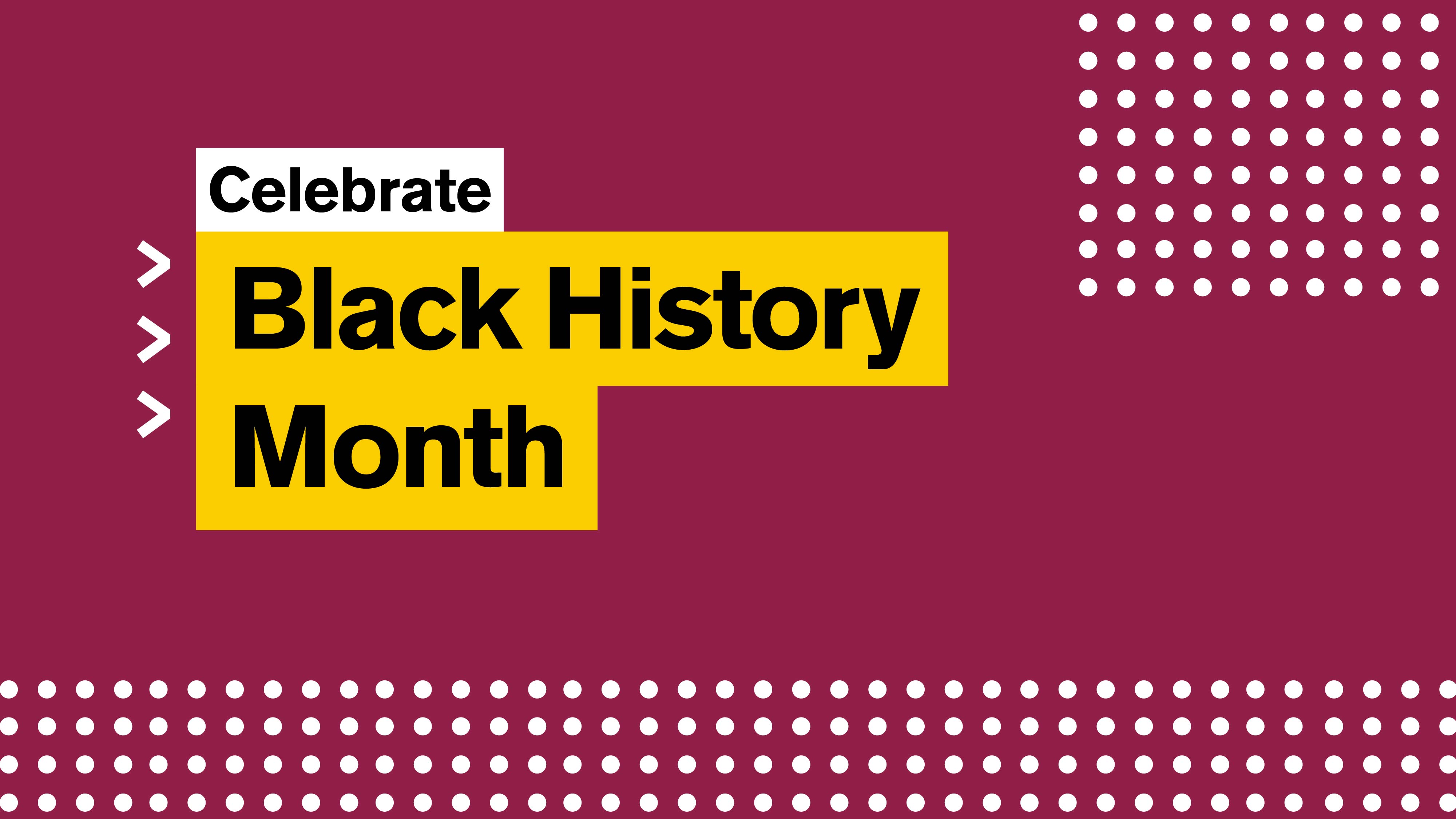
Enrichment Fellows share tips and tricks for prioritizing well-being

Reflecting on the good in life this holiday season

Breaking the stigma: Resources and tips during Suicide Prevention Month

Honoring Black medical practitioners, health innovators and scholars this Black History Month

Supporting graduate student health and well-being
“You're in pretty good shape for the shape you are in.” --Dr. Seuss
Our physical health and our mental health are closely intertwined, so the health of one affects the health of the other. I use exercise to improve my mental health.
Funding Hot Sheet March 22, 2019: Funding for Parkinson's research, how to cut counseling wait times in half, and more
Innovation in Graduate Education
IGE focuses on projects aimed at piloting, testing, and validating innovative and potentially transformative approaches to graduate education. IGE projects are intended to generate the knowledge required for their customization, implementation, and broader adoption. The program supports testing of novel models or activities with high potential to enrich and extend the knowledge base on effective graduate education approaches.
Sponsored by the National Science Foundation, this is a $500,000 grant opportunity.

New mentoring circles support graduate students
If you’re a graduate student looking to connect and create community around common identities and interests, join a mentoring circle!
The Graduate College is piloting a new group mentoring experience. "Circles" are peer-driven mentoring groups available to students looking for community and support within shared academic and cultural identities.
Mentoring circles supporting the following identity-based communities are launching now:

Grad15: Talking about imposter syndrome
As we prepare for another semester, the Graduate College's Student Support Resources team paired up with the Center for Mindfulness, Compassion and Resilience to deliver programming about how graduate students can overcome imposter syndrome.
10 best practices for graduate student wellbeing
Graduate school necessarily stretches us. When we strive to achieve experiences, content and context expertise, and professional mastery, we rely on every part of our intellectual, emotional, physical and purposeful self. Stretching in these ways is inherently stressful, and according to the National College Health Assessment (NCHA) graduate students report stress, feeling exhausted, and anxiety to be factors that can surface in different ways than they did in undergrad.
Ten best practices in graduate student well-being
Web link: https://graduate.asu.edu/newsletter/best-practices/ten-best-practices-gr...
Read up on some of the ways you can care for yourself through increasing academic rigor and demands.